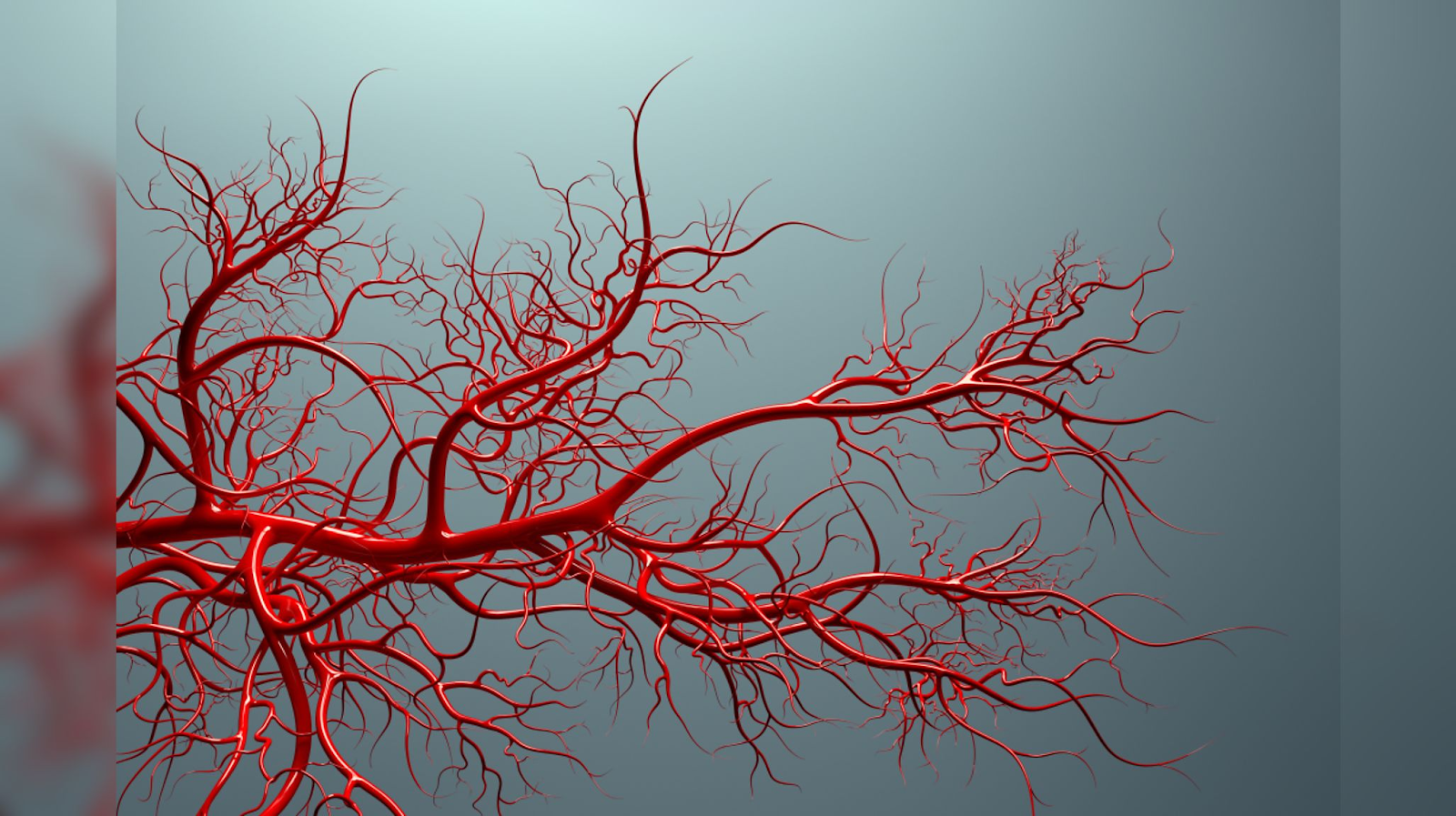Protein Detects and Responds to Changes in Blood Flow
When blood moves through your body, it exerts a frictional force on the walls of blood vessels. This force, known as fluid shear stress, has important effects on vascular development, function, and disease. A team at Yale, led by Martin Schwartz, PhD, Robert W. Berliner Professor of Medicine (cardiology), has identified a protein that helps your body sense and respond to changes in this shear stress.
This protein, latrophilin-2, is found on the surface of the cells lining the blood vessel wall. Schwartz’s team demonstrated that latrophilin-2 is activated by changes in blood flow and is required for flow-dependent blood vessel development and preclinical remodeling. Additionally, the authors found that specific variants of the gene encoding latrophilin-2 are highly associated with the development of cardiovascular disease in humans. These findings help define a novel pathway by which our blood vessels respond to changes in flow and shed new light on cell biology and genetic links to cardiovascular disease.
#sciencefather#researchs#Professor, #Lecturer, #Scientist, #Scholar, #Researcher, #Analyst, #Engineer, #Technician, #Coordinator, #Specialist, #Writer, #Assistant, #Associate, #Biologist, #Chemist, #Physicist, #Statistician, #DataScientist, #Consultant, #Coordinator, #ResearchScientist, #MolecularBiology#Genomics#DNAResearch#ProteinBiology#MolecularGenetics#CRISPR#GeneExpression#Biotech#RNASequencing#CellMolecularBiology




Comments
Post a Comment